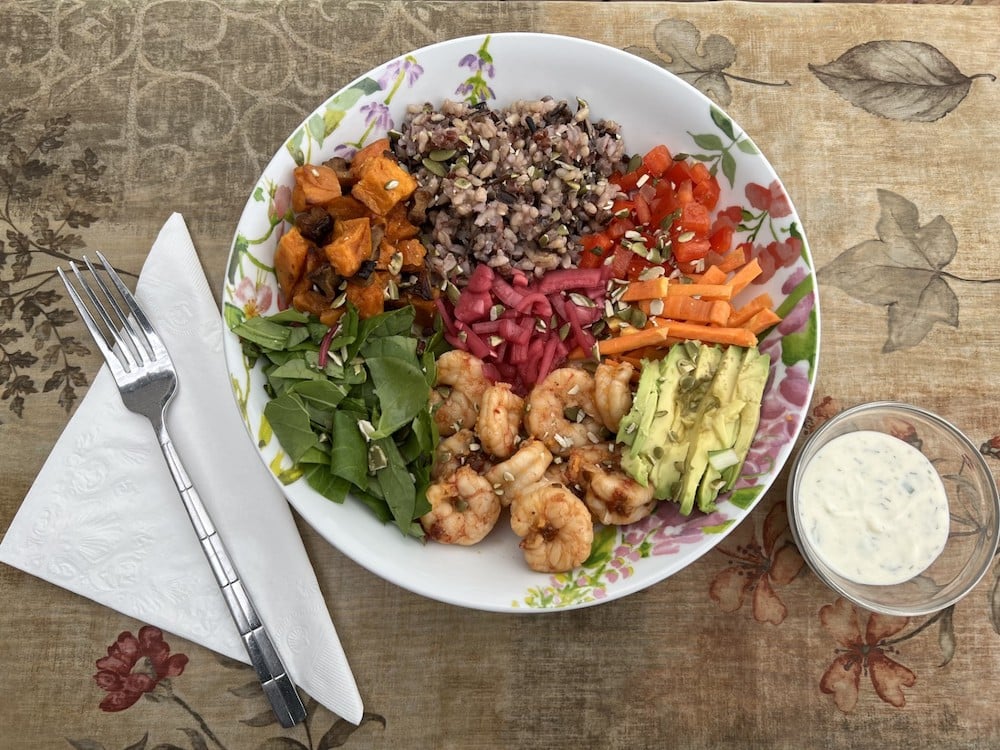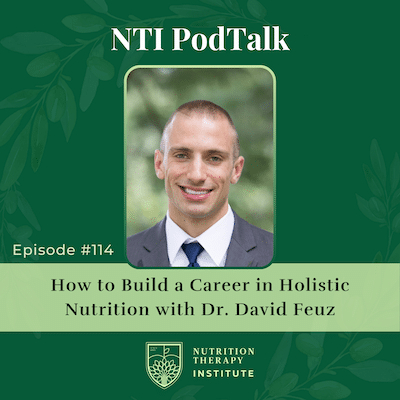
Share this post!
Once again, I find myself helping a friend who struggles with heartburn. At least that’s what we called it back in the day, when on that rare occasion when we ate too much, too rich, too fast or too something, we grasped our chest and held our breath as a burning sensation made us feel as if our heart would implode. Today, heartburn goes by many names; Acid Reflux, Gastritis, Hypochlorhidria, and GERD (GastroEsophageal Reflux Disease), just to name a few. Over 50 million Americans suffer from chronic heartburn, and the desire for immediate relief has led to an antacid and pill-popping frenzy.
Prilosec, an over-the-counter proton-pump inhibitor, is not meant to be taken for more than fourteen days, and yet, I know people who wouldn’t dream of going fourteen days without it. Why then, might you ask, would we so readily become dependent upon conventional medicines like Nexium, Omeprazole, TUMS, Gas-x, and Zantac? The answer is, that for the short term anyway, they work. The allopathic world’s approach to resolving heartburn is to squelch stomach acid. While it is stomach acid that is gurgling back up into the esophagus that causes heartburn, reducing the acidity of the digestive process is not without consequence.
Your body produces hydrochloric acid, otherwise known as HCL. Let’s take a closer look at why your stomach should maintain a pH level of around 2.0.
1) It turns out that not everything we swallow is good for us. The acidity of our stomach is our first defense against dangerous pathogens. When you lower stomach acid, you increase the risk of bad bugs taking up residence. Low acidity actually promotes bacterial growth.
2) You need strong stomach acid to digest your food. HCL assists protease enzymes to unfurl protein molecules and cleave off individual amino acids. With low HCL, protein sits in your stomach undigested. Putrefaction of undigested food increases the toxic load on your system.
3) Insufficient HCL negatively impacts carbohydrate digestion. Undigested carbohydrates ferment, producing gas. Gas causes abdominal pressure which forces acid into the esophagus, causing heartburn. (For more information see Chris Kresser’s e-book.)
4) The lower esophageal sphincter (LES) valve requires acidity in order to keep a tight seal. When this valve becomes loose, acid tends to creep from the stomach back into the esophagus. Therefore, reducing stomach acid causes the valve to malfunction and exacerbates heartburn symptoms.
5) Stomach acidity is required to signal the pancreas to release bicarbonate which, in turn triggers the release of needed enzymes in the duodenum. Taking acid inhibitors further hinders your ability to digest your food.
6) HCL is needed to absorb magnesium, zinc, B vitamins, and other important minerals.
Treating acid reflux is one of those topics that sparks controversy between the allopathic train of thought and practitioners following a holistic functional medical model. The source of the problem is not at debate. Stomach acid, aka HCL (Hydrochloric acid) is undeniably the culprit. It is what you do with HCL that is at the base of contention. Many doctors are trying their best to get rid of the acid to relieve the symptoms. While it seems counter-intuitive, your nutrition therapist will probably attempt to increase your HCL production. They will most likely search for the root cause of your hypochlorhidria (hypo- not enough). It may simply be a matter of age. Women in their fifties typically produce half the amount of HCL that they did when they were in their twenties. Then again, low levels of HCL may be caused by a common intestinal bug known as H. Pylori, or from drug interactions, or simply from a stressful lifestyle.
Chronic acid reflux can eventually lead to a thickening of the esophagus wall and prolonged exposure can result in a cancer known as “Barretts” disease.
One of the fastest growing areas in the pharmaceutical industry is the production of proton pump inhibitors in infants and toddlers. To me, this is scary. Babies are designed to burp.
The place to start in healing GERD, is to develop a protocol that helps you heal your gut. Both alcohol and smoking, for instance, lead to a weakening of the LES sphincter. Eating big meals, laying down after eating, eating certain trigger foods; all these and more, can contribute to heart burn. Popping a pill may provide more immediate relief but your alternative health provider has many tools to come to your aid. The following nutritional aids and supplements may all be recommended – apple-cider vinegar, DGL, digestive enzymes, pro-biotics, pre-biotics, aloe vera juice, Swedish bitters, slippery elm and glutamine.
If GERD is a problem that you or someone you know suffers from, seek the advice of a holistic practitioner. You will be happy you did. My friend, by the way, was able to control her acid reflux by simply adding a good digestive enzyme to her meal time routine. In my book, this was a far better way to squelch the fire of heartburn.
_______________________________________________
Prilosec’s “Larry the cable guy” boasts the following slogan:
One pill a day. 24 hours. ZERO HEARTBURN.
_______________________________________________
Notes to Holistic Nutritionist:
You can tell someone that they shouldn’t take proton-pump inhibitors or antacids, and they can even agree with you, as they reach into their purse and pop a Rolaids into their mouth.
Why? Because they hurt, and they know that a pill will stop their hurt. A friend put it best when she reminded me that Pain is a great motivator.
_______________________________________________
Thus we counter with another slogan:
Zero Heartburn – ZERO PRILOSEC
_______________________________________________
About Nutrition Therapy Institute’s Holistic Nutrition Certification
Nutrition Therapy Institute (NTI) is a leader in holistic nutrition education. Since 1999, NTI has provided students with the highest quality in nutrition training by offering comprehensive holistic nutrition courses online and in-person to help students achieve thriving careers as holistic nutrition therapists in the field of holistic nutrition counseling and wellness. Interested in starting our holistic nutrition courses and earning your holistic nutrition certification? Attend an informational webinar to learn more by signing up HERE.
Image: alphaspirit/depositphotos
Share this post!


















